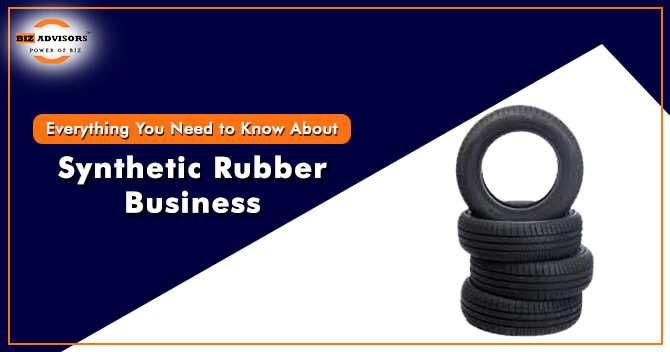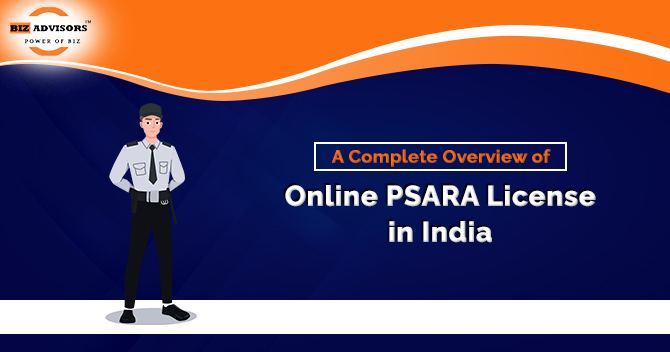Synthetic Rubber Business imparts an unambiguous picture concerning the efficient regulation of artificial rubber on a comprehensive scale. Synthetic Rubber Business plays a crucial role in determining a smooth and effective network of the structural framework of artificial rubber. It provides instantaneous support to emphasize variegated regulations, policies, stratagems, and laws concerning the processing of artificial rubber in a sophisticated manner. It provides an efficacious structural model for maintaining environmental sustainability on a broad scale. Synthetic Rubber Business possesses a highly qualitative spirit of enhancing the multifarious processes in the context of artificial rubber production in a well-organized format. This blog intrinsically aims at providing a comprehensive approach to analyzing the basic nuances concerning the Synthetic Rubber Business in a detailed format.
Synthetic Rubber Business
Chemicals are used to manufacture a particular kind of artificial rubber called synthetic rubber. Natural rubber is being gradually replaced by synthetic rubber as it gains popularity. Synthetic rubber has been shown to be durable, abrasion- and fire-resistant, flexible, and inherently strong mechanically. Moreover, synthetic rubber is less harmful to the environment.
The demand for synthetic rubber in India was estimated to be 671 000 tonnes in FY2021 and is expected to increase to 1055 000 tonnes in FY2030. The demand for synthetic rubber in India is influenced by several variables, including rising auto sales, a booming construction sector, and rising consumer spending.
Advantages of Synthetic Rubber Business
Following are the advantages of the Synthetic Rubber Business: –
Longevity: Synthetic rubber is well known for its outstanding endurance and immunity to worn and strain. Because of this, it can be used in elevated industries including wheels, pipes, and compressors.
Chemical protection: Synthetic rubber can be used in applications where exposure to chemicals is a risk because it is resistant to a wide variety of chemicals.
High temperature resistance: Because synthetic rubber can endure both high and low temperatures, it is a crucial component for applications where temperature swings are a problem.
Flexibility: Synthetic rubber is very elastic, which makes it the ideal material for parts that need powerful framework, including valves and compressors.
Adaptability: Synthetic rubber is a versatile product that may be utilised in a wide variety of applications since it can be made to satisfy specific performance needs.
Monetary Benefit: As synthetic rubber can be made in huge numbers and is frequently less expensive than natural rubber, it is a versatile product that is economical to use in a variety of settings.
Accessibility: In contrast to natural rubber, which comes from rubber trees, synthetic rubber can be made from crude oil compounds, enabling it a widely accessible commodity that can be manufactured in enormous amounts.
Different Forms of Synthetic Rubber Business
Several compounds can be used to create synthetic rubber, and these chemicals can result in a variety of synthetic rubber variations, which comprise different forms of Synthetic Rubber Business: –
· Vinyl Gloss (ACM)
· Rubber Butadiene (BR)
· Rubber Butyl (IIR)
· CSM/Hypalon Ethylene
· A kind of chlorosulfonated polyethylene Propylene Benzene Monomer (EPDM)
· Viton isoprene rubber with fluor elastomers (FKM) (IR)
· Rubber Nitrile (NBR)
· Perfluoro elastomer (FFKM) (FFKM)
· Neoprene-polysulfide rubber and polychloroprene (CR) (PSR)
· Rubber Silicone (SiR)
· Rubber made of butadiene-styrene (SBR)
Essential Documentation concerning the license for Synthetic Rubber Business
Following are the essential documentation concerning the license for the Synthetic Rubber Business: –
· A replica of the company’s incorporation certificate
· Evidence of the proprietor’s Photo Id for justification
· Aadhar and PAN card information that the business has self-attested
· The investment’s specifics (by a firm or bank loan)
· IEC code (in case of exports)
· Project report details
· trading permit
· Power and utility bills Pollution NAC
· Report on NOC compliance
· Aerial photographs of the construction site
· A certificate proving effluent treatment
· The letter of authorization for the designated individual
Necessary Conditions concerning the License for Synthetic Rubber Business
The following are the necessary conditions concerning the License for Synthetic Rubber Business: –
To obtain a manufacturing license, the applicant must pay an annual fixed fee. Demand drafts (DD)[1], money orders, or online transfers can all be used to physically pay the cost of the rubber board. The payment must be paid in the name of the Deputy Director of the Rubber Board in Kottayam, Kerala. Prior to the licence expiration date, the applicant must periodically renew it.
Other authorizations and licences for producing synthetic rubber include:
· Consent NOC (in the Orange Category)
· Environment Clearance
· Fire NOC
· Factory Permit
· CGWA NOC
Procedure concerning the Manufacturing Process of Synthetic Rubber in the Context of the Synthetic Rubber Business
The steps involved in making synthetic rubber in the context of enhancing the Synthetic Rubber Business are as follows:
· Hydrocarbon Blending: A variety of hydrocarbons, including coal, oil, and others, are blended, and processed. Products that are produced as a result of this mixture are utilized to make fuel and polymers.
· Synthesis of Monomers: Naphtha is made when hydrocarbons are mixed together to form monomers. To produce monomers, naphtha is combined with various natural gases. In order to create polymers, these monomer strands are joined together.
· Synthesis of Polymers: Once the manufacturing of monomers is complete, polymers can be made. Nitrile rubber, styrene-butadiene rubber, and other monomers will be fused together chemically to create polymers.
· Rubber Compounds: The manufacturing facility will produce many polymers that are used to make rubber compounds. These substances will later be refined to create synthetic rubber.
· The process of vulcanization comes at the end of production. Here, the rubber compounds will go through a process known as vulcanization. In order to increase the rubber’s durability during the vulcanization process, accelerators like sulphur are added.
Conclusion
The text imparts an explicit picture concerning the Synthetic Rubber Business. Synthetic Rubber Business determines the standardization concerning artificial rubber manufacturing on a wide platform. Therefore, every proprietor of artificial rubber production must hold a license for smoothly running a Synthetic Rubber Business to a larger extent. Our legal luminaries at BizAdvisors.io tend to provide a robust support system in the context of assisting individuals to easily get a license for efficiently overseeing the operational management structural pattern of the Synthetic Rubber Business. You can freely contact our legal consultants at BizAdvisors.io for any kind of professional assistance or support concerning the structural framework of the Synthetic Rubber Business.
Read our article:Everything You Need to Know About Environmental Management Plan Report
 9559179325
9559179325 9559179325
9559179325





